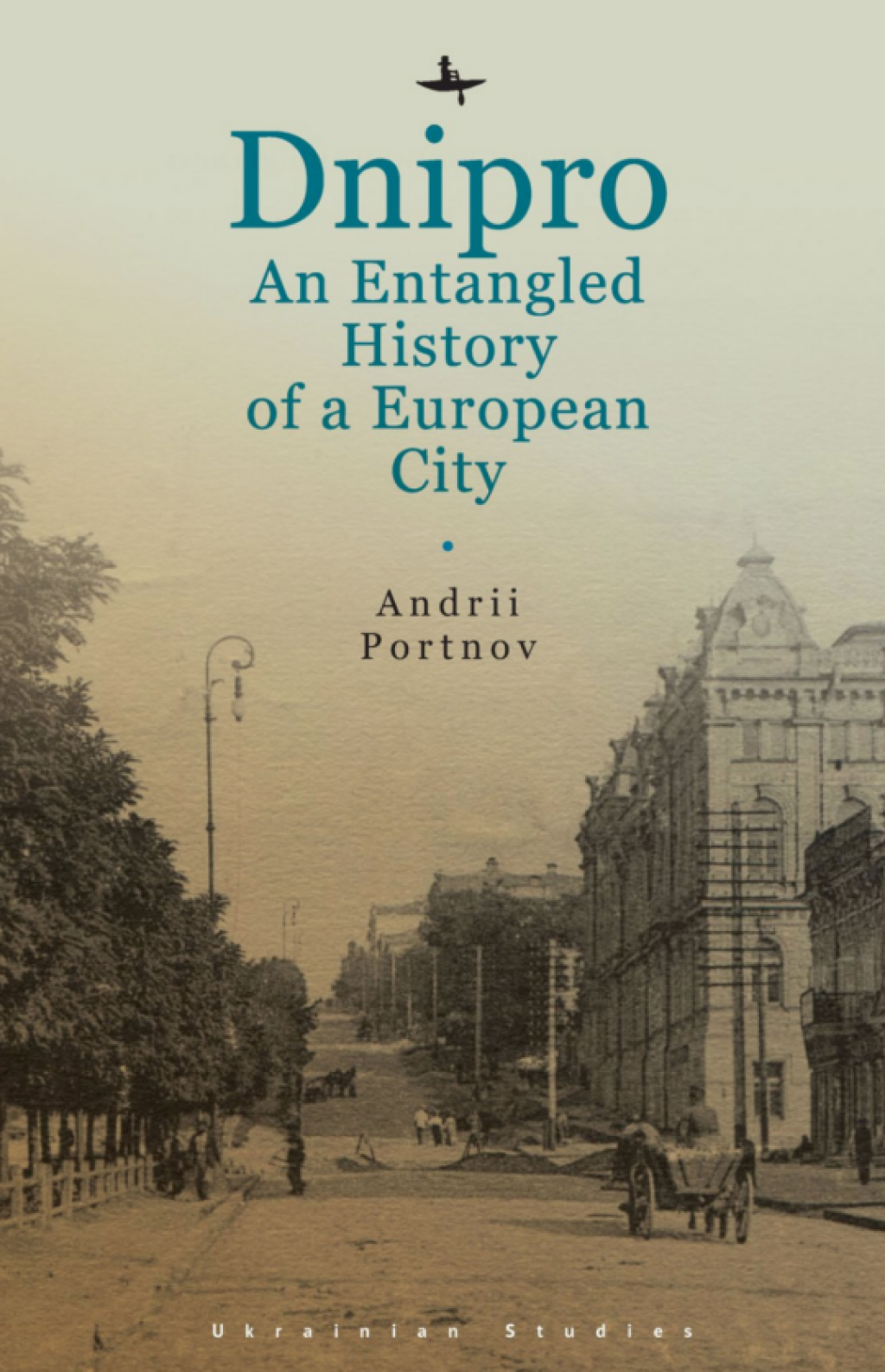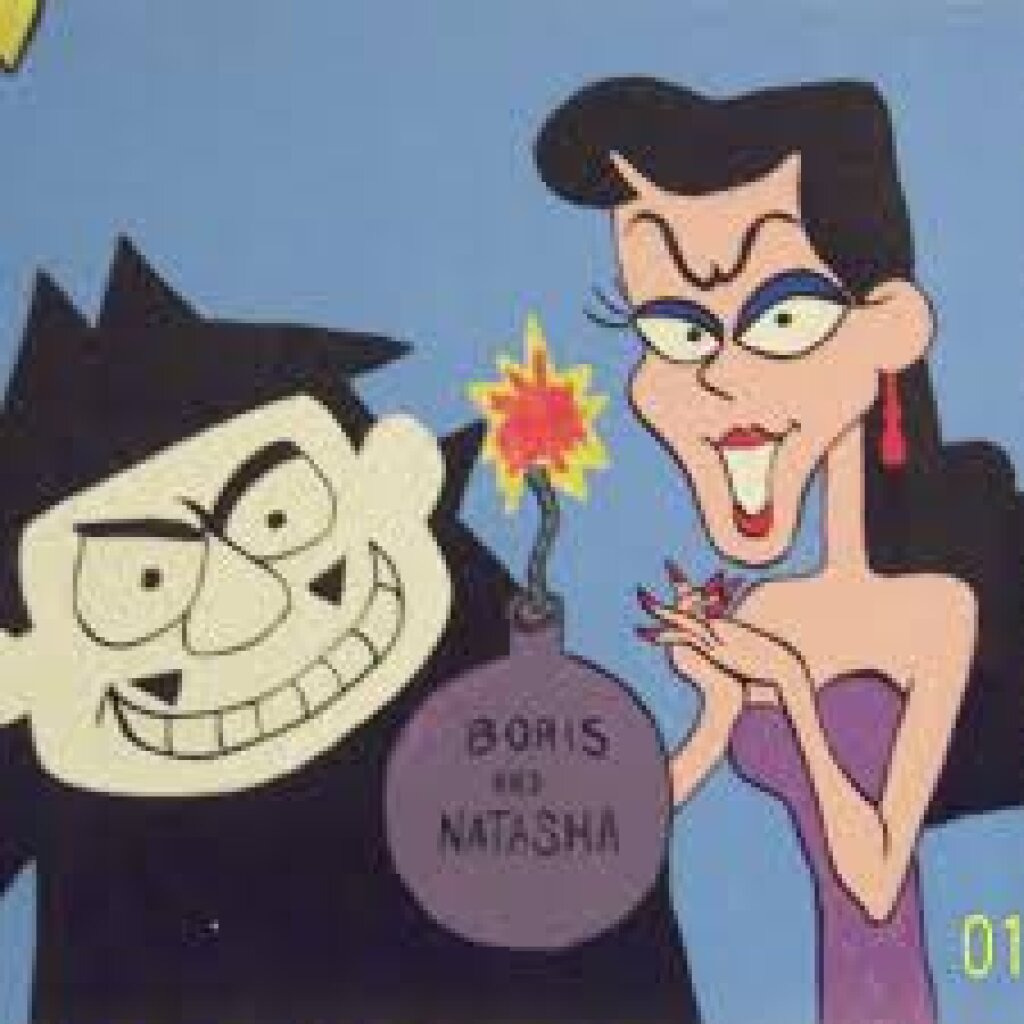Andrii Portnov is Professor of Entangled History of Ukraine at the European University Viadrina (Frankfurt/Oder) and Director of the Viadrina Center of Polish and Ukrainian Studies.
My book, Dnipro. An Entangled History of a European City, was published a year ago by Academic Studies Press—in the middle of the ongoing Russian-Ukrainian war. I neither expected nor wanted such a political context for my book. In fact, the idea of writing a biography of the city where I was born and grew up came to me over ten years ago. I was interested in telling the story of a city almost unknown in the West, whose history is inextricably linked to both Cossack and imperial mythologies, to rapid industrialization in the second half of the nineteenth century, to Soviet socio-political experiments, to the status of a “closed” rocket city, and to one of the centers of Ukrainian and Jewish dissident movements…. And I wanted to make this history not local, but integrated into European history and open to the experiences of different ethnic, religious, and social groups.
Realizing the responsibility of crafting the first English-language synthesis of the city’s history, I decided to try to take into account the fluidity and ambiguity of its representations. Perhaps the best example of this fluidity are the repeated changes not only in the city’s name, but also its location, which continue to provoke heated discussions around “correctly” pinpointing the city’s geographical and temporal origins.
As grandiose imperial project of Katerynoslav (the city of Empress Catherine’s glory), conceived by Prince Potemkin at the end of the eighteenth century, the future Dnipro was to be realized in the southern steppes and had to change its geographical location at least once. At the same time, the Imperial Katerynoslav came into being and to a certain extent depended on Cossack settlements that already existed in the steppe. With the collapse of the Russian Empire, the city did not change its status as an important industrial center, but did have to change its name. By 1926, its new name was Dnipropetrovsk, this time in honor of the Bolshevik Hryhorii Petrovsky. Interestingly, the name Dnipropetrovsk — almost unpronounceable in any foreign language — persisted until 2016 and was not changed even during the German occupation in the Second World War. The city’s current name, Dnipro, is perhaps the first in its history to have no ideological overtones and simply reflect the name of the river on which it stands.
My book was completed in the summer of 2021 in Dnipro. By the time the full-scale Russian invasion of Ukraine began on February 22, 2022, the book was already in production. I decided not to change anything in a text that was ready to be printed… Was that the right decision? I made a conscious effort to avoid overly updating and describing events that are still happening and therefore have not yet become history. I made this decision with the understanding that our perception of history always depends on the present, and that my book will be read with the knowledge of the full-scale war in mind. I don’t know what I would have done if my topic had been Mariupol or Bakhmut—after all, both cities are mentioned in the book as district centers of the Katerynoslav province…
One thing I would definitely not change in my biography of Dnipro is the final call to find new language to describe the socio-cultural reality of a region that currently has no established name. None of “post-Soviet space,” “Eastern Europe,” or “Northern Eurasia” capture the very dynamic situation anymore. Russia`s full-scale aggression against Ukraine has only exacerbated this need for new descriptive terms. How can we develop new approaches that, on the one hand, fully recognize the agency of Ukraine, and, on the other, do not simply return to national narratives? How can we consistently overcome “methodological imperialism,” to use Darius Staliunas’ phrase, and at the same time avoid an insidious negative dependence on historical narratives à la Putin? This type of narrative is so harmful precisely because it revolves around categories of “historical rights” and similar deeply essentialist and ideologized concepts. Can an urban focus help us move away from the normative framework of national or regional history? And, perhaps most importantly, what kind of historical narrative does our time require—a time of rapid socio-political change, a search for new concepts of international security, and a rethinking of human relations with the environment? I would be happy if my book stimulated reflection and research in these directions.



